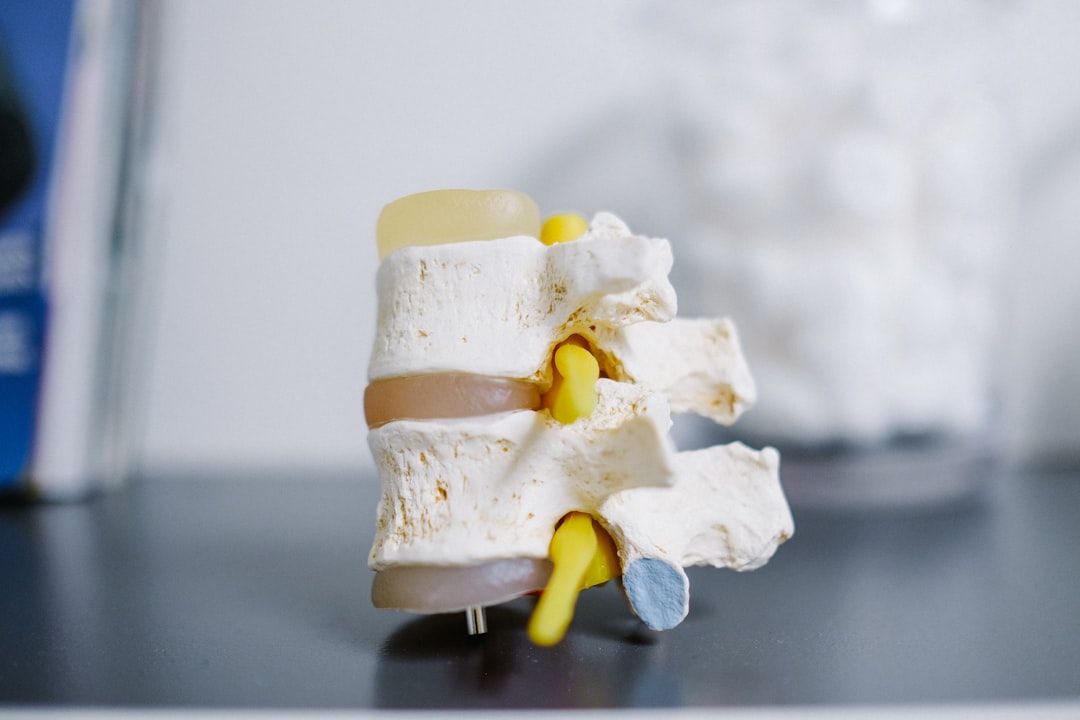What is it about?
When the UK entered the first COVID-19 lockdown in March 2020 life changed in different ways, and many experienced increases in symptoms of anxiety and depression. The lockdown reduced opportunities to exercise, and with many people working from home, lots of people found themselves sitting down more. In this study we demonstrated an association between sedentary behaviour and mental health outcomes. Specifically, we found that the longer someone spent sitting down during the first lockdown, the worse their self-reported mental health. This was the case even when we controlled for physical activity.
Featured Image

Photo by Chris Montgomery on Unsplash
Why is it important?
Our findings suggest that reducing sedentary behaviour or sitting time might have a beneficial effect on mental health. Public health recommendations should encourage the reduction of sitting time for mental health benefits.
Perspectives
I enjoyed working on this project with my collaborators at a time when we knew so little about COVID-19 and all the ways it would impact on our lives. Like so many, working from home and home schooling my children, I have never been more sedentary than in the last two years. This work highlights how sitting down for prolonged periods can have a negative influence on our mental health. This research has changed me, and I now make an effort to break up sitting time by taking regular breaks to stretch my legs (helped by reminders from my fitness tracker), as well as trying to get the recommended levels of weekly exercise.
Dr Susanna Kola-Palmer
Department of Psychology, University of Huddersfield
Read the Original
This page is a summary of: The impact of sitting time and physical activity on mental health during COVID-19 lockdown, Sport Sciences for Health, June 2021, Springer Science + Business Media,
DOI: 10.1007/s11332-021-00791-2.
You can read the full text:
Resources
Contributors
The following have contributed to this page










